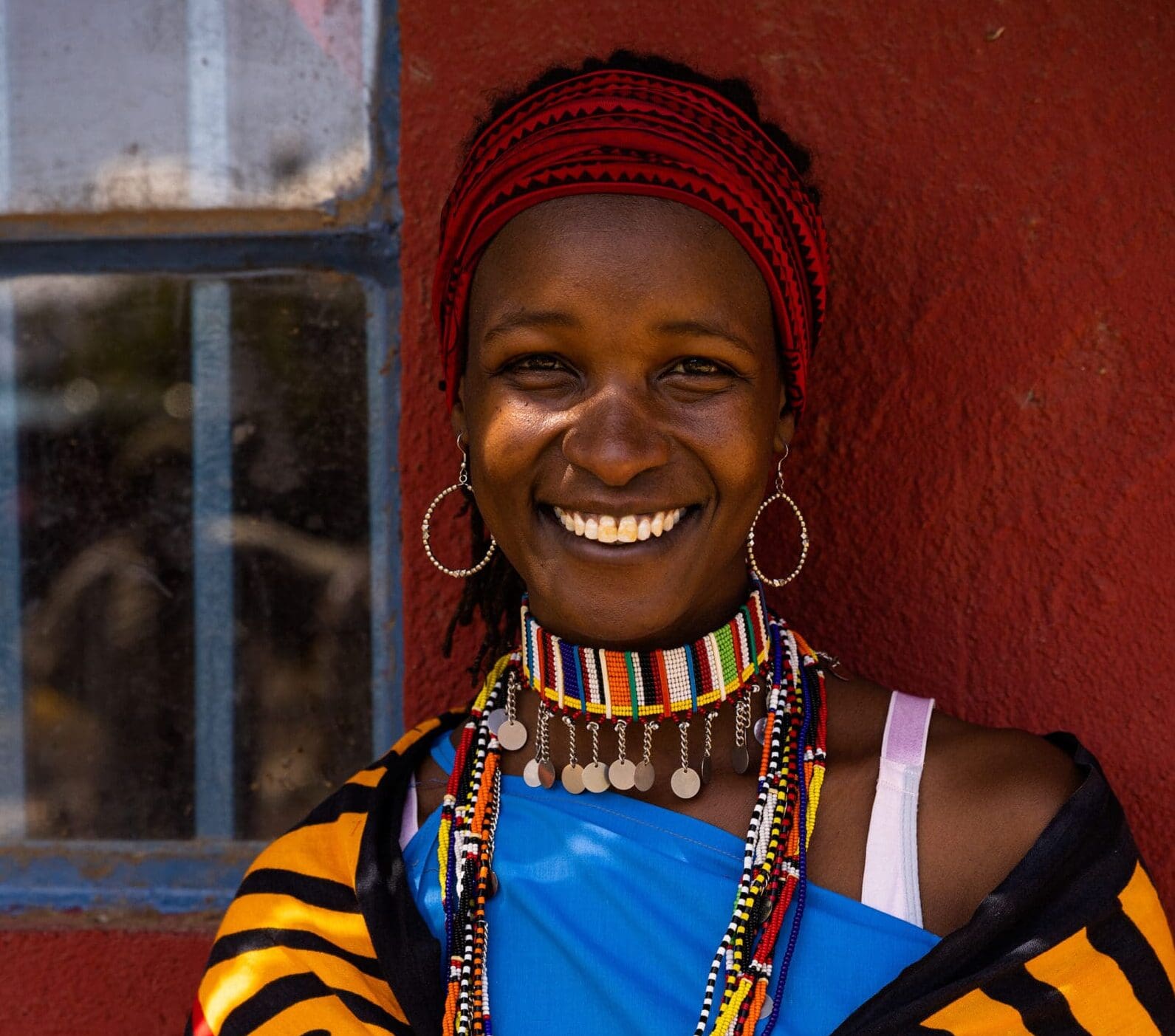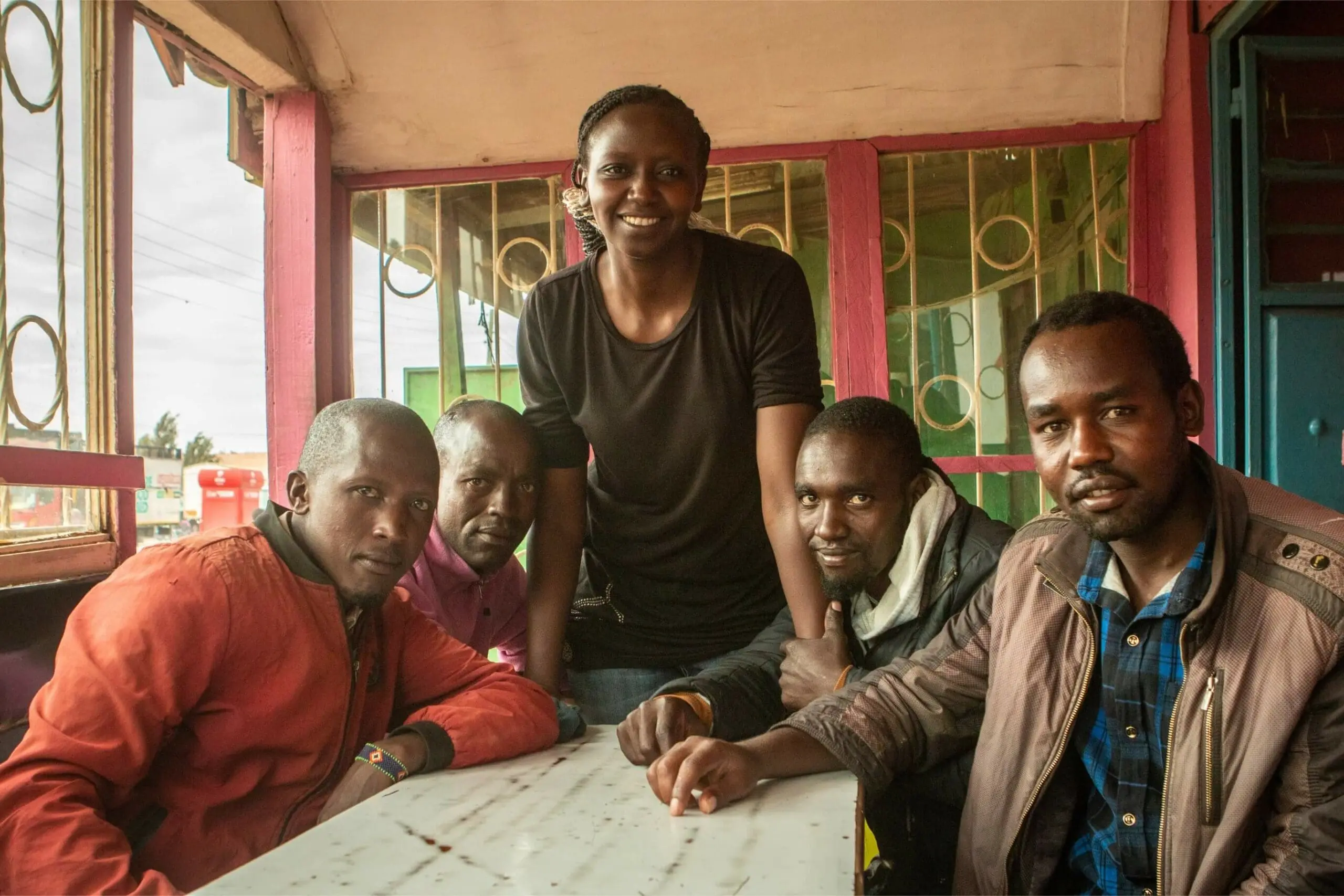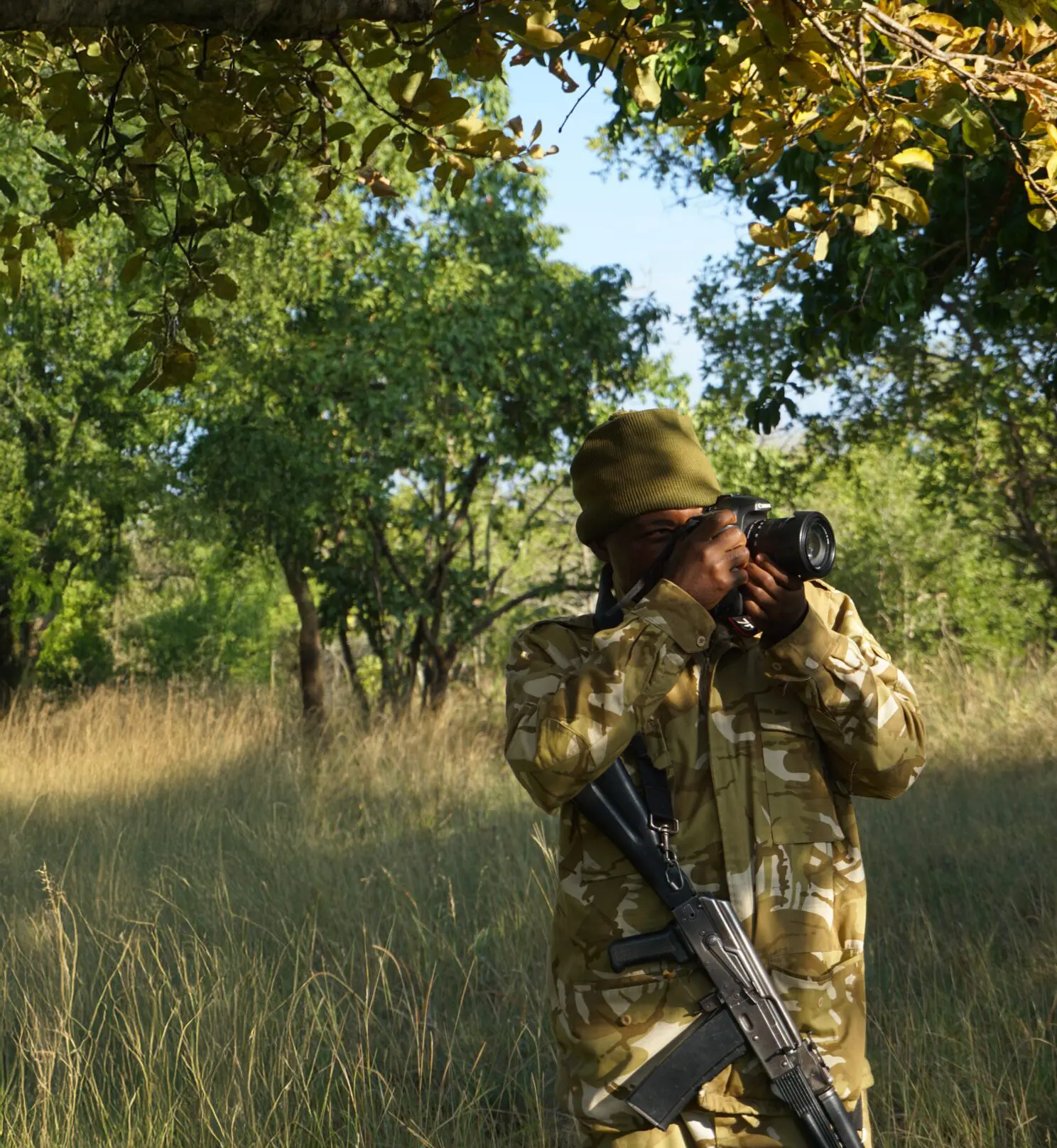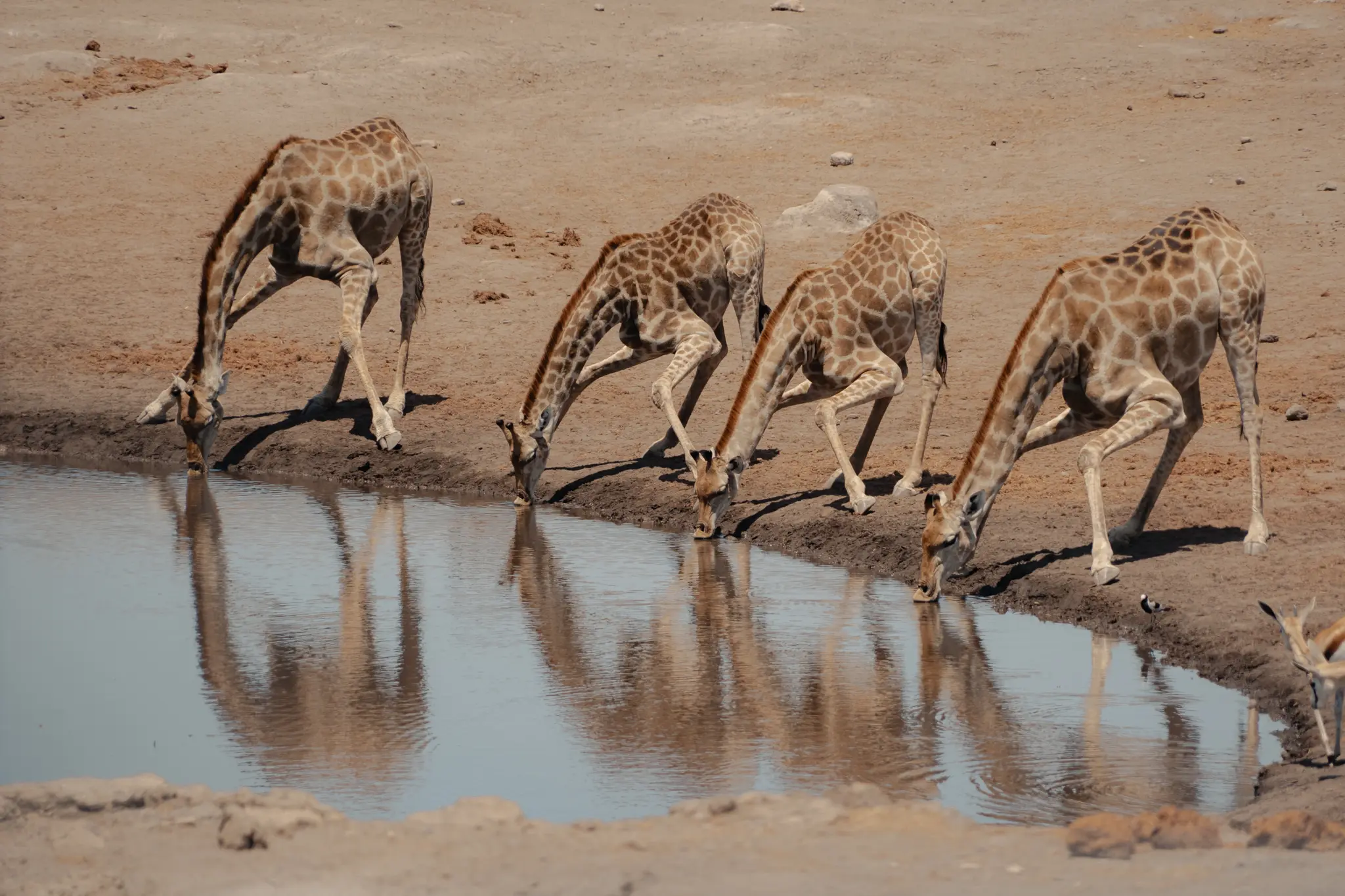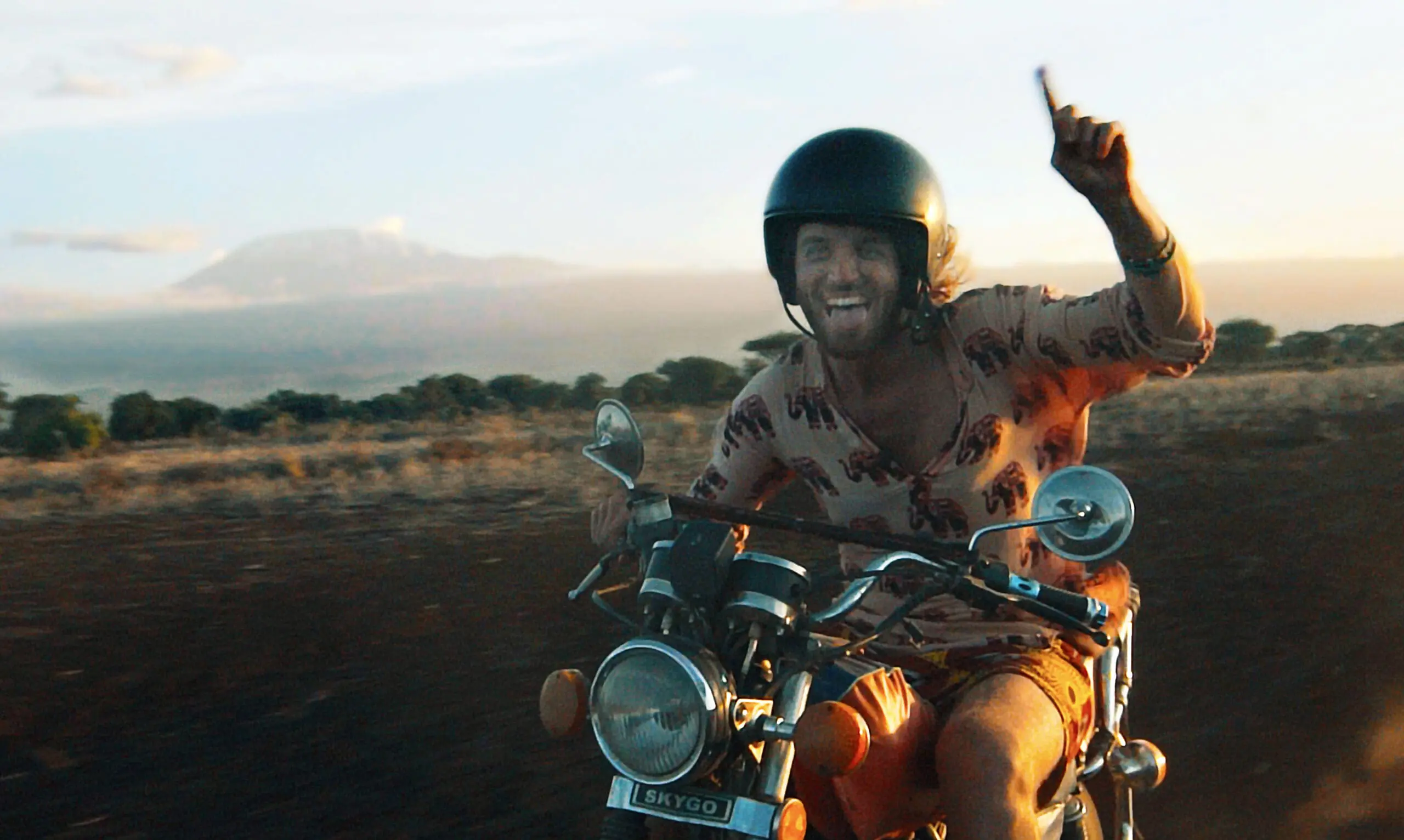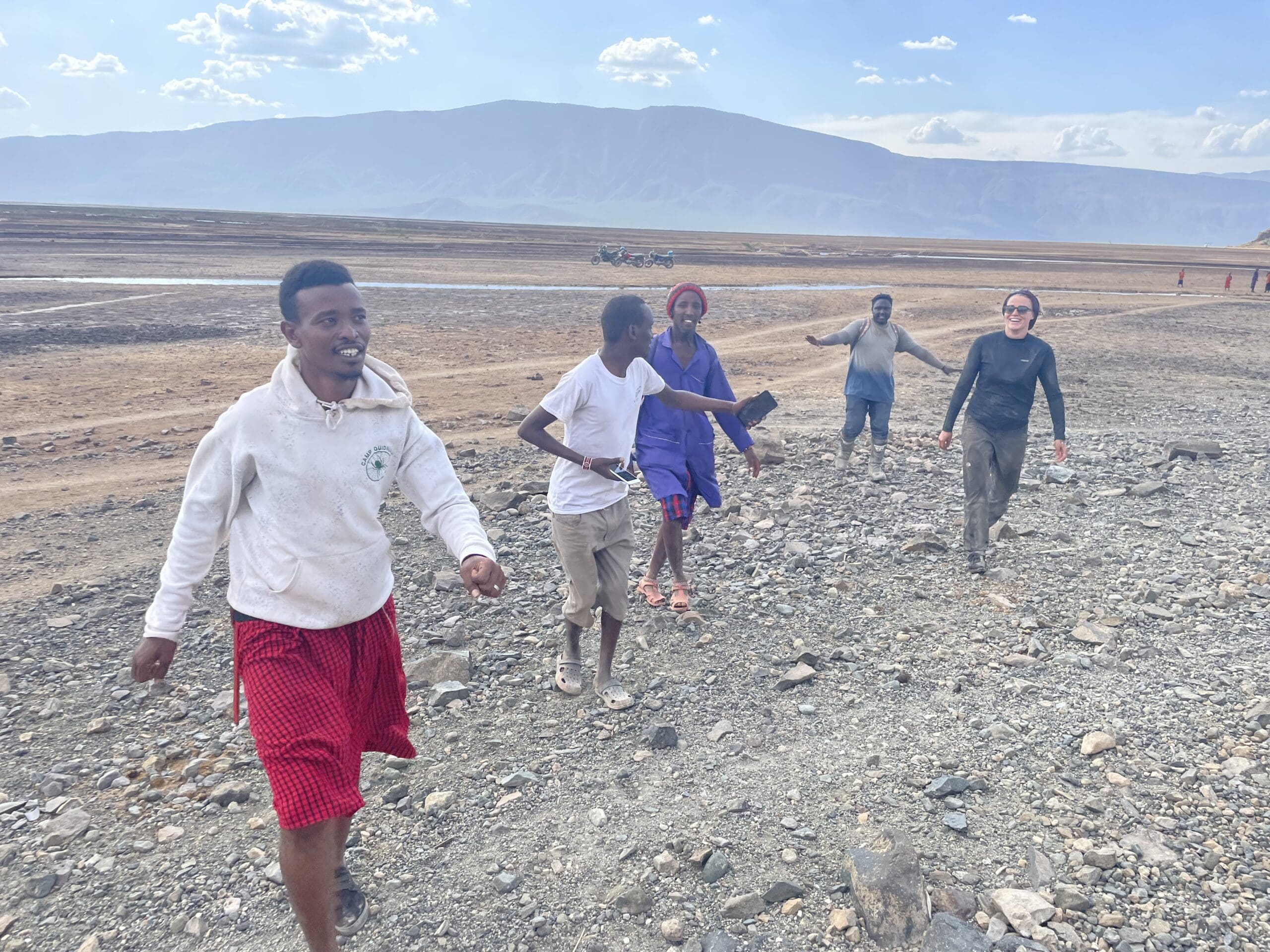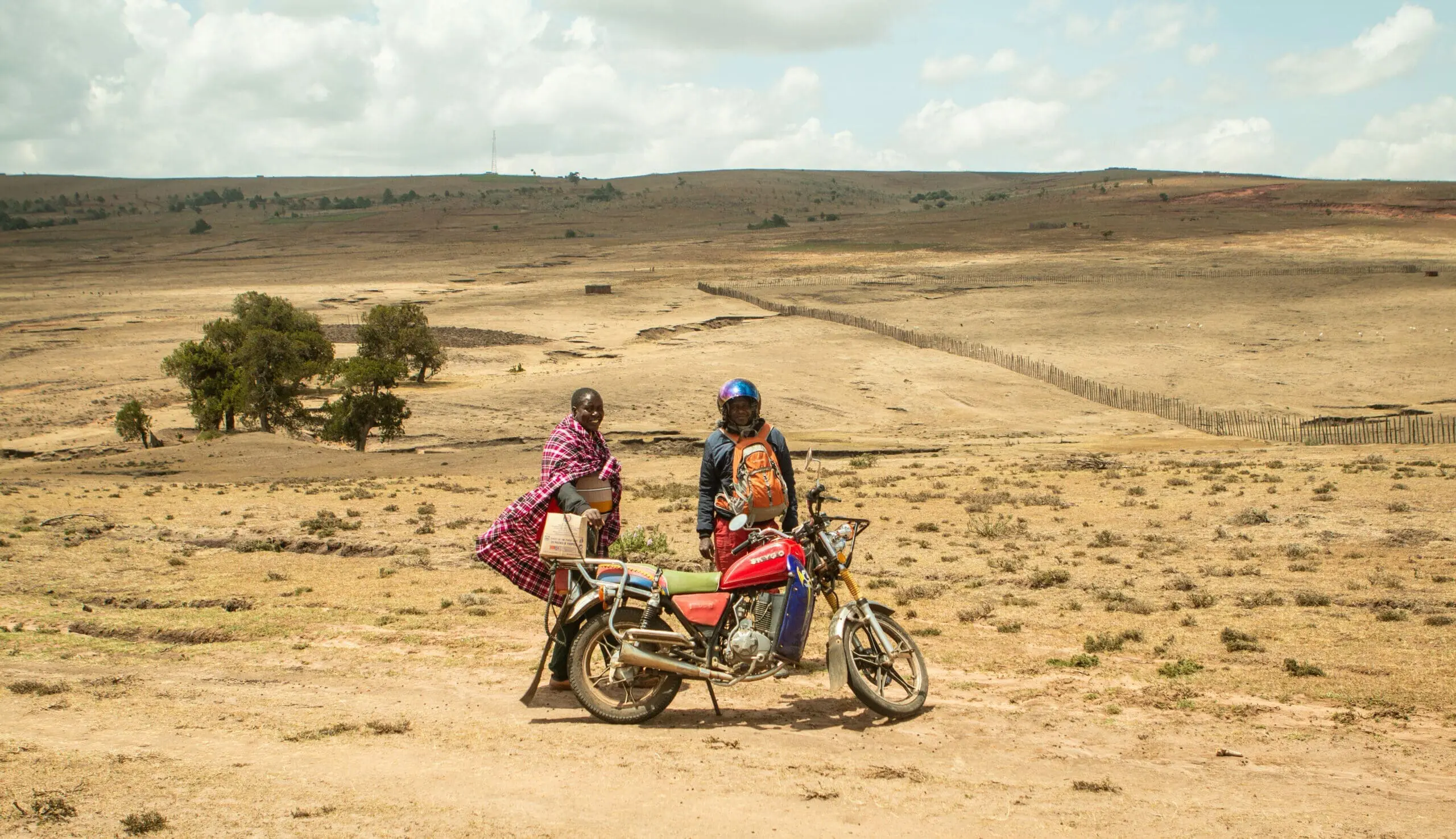What human rights are violated in the tourism industry?
According to tourism expert at
Friends of Nature International, Cornelia Kühhas, the following human rights violations occur in the tourism sector: staff working under poor working conditions, women and children being (sexually) exploited, and tourism projects being realized at the expense of the local population.
As a traveler, what can you do to protect human rights in tourism?
With the list below, make ethical travel choices.
1. Choose your destination consciously
If you know a country is guilty of human rights violations, don't go there. So research your destination carefully. What are the local customs and cultural norms? If these go against your idea of justice - are women oppressed, for example - then that is a reason to choose another destination.
2. Do not engage in corruption and bribery
In some countries, traffic enforcers still like to tear through your fine if you give a monetary amount "under the table. Do not go along with this. Be firm and say you want an issued fine and to pay it.
3. Visit Africa
Unfortunately, the African continent is still surrounded by prejudices and stereotypes. Africa is poor and dry, children with bulging bellies are hungry and the population is needy, is the prevailing image. But Africa is an incredibly diverse continent. Its 54 countries all have rich histories, distinctive cultures and traditions, diverse cuisines and a wide variety of people, mindsets and values.
By visiting an African country, you help break down your own prejudices. And by telling your friends back home about your experience, you influence theirs as well.
4. Respect local culture as it is, don't pay for tourist shows
In many tourist spots, traditions and rituals are performed as a show for tourists. Once in a while, locals change their jeans for traditional costumes to show tourists their culture.
We prefer to look at African cultures as they really are. That sometimes includes traditions, rituals, ceremonies and special clothing. But if they are only used for tourist purposes, we are not such a fan.
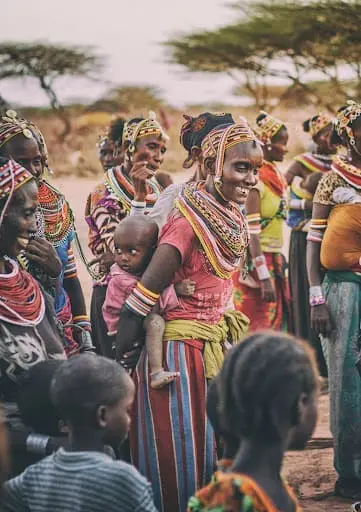
5. Go for equal cultural exchange
Try to learn something about local cultures, norms, values and customs. For example, greet your host respectfully when he or she welcomes you into his or her home. Around the campfire, also share aspects of your own culture.
6. Report human rights violations
If you are concerned about a situation, you can always call us. We will help think about the best solution, such as reporting the situation to the authorities or appropriate organization.
7. Avoid the 'white savior complex'
The
white savior complex means that white people feel they have to help poor people: the white, rich person is superior and the black African is in need of help and needs to be saved. With this "us vs. them" mindset, you perpetuate inequality.
Charity fits the white savior complex. So don't hand out stuff or money, but rather pay a fair price - and a nice tip if you like - for the products and services you use during your trip.
8. Be intentional about photography
Never take pictures of people without permission. Especially in sensitive situations or private spheres. Also, do not take pictures of people in situations where they may be uncomfortable. Consider religious places, hospitals and schools.
9. Use your head and your heart
Avoid tours, excursions and entertainment when it doesn't feel right. If you suspect forced labor, child labor or other human rights violations, turn back.
What attractions and excursions we do and do not offer?
We make every effort to protect human rights in our offerings as well. We do and do not offer the following attractions, excursions and entertainment options.
Don't: We are keen on our partners
If there is a human rights violation by one of our partners, we will investigate and try to address the situation. Only if that fails will the cooperation be terminated. Fortunately, this has never happened to date.
If during your trip you do notice something that is not acceptable, please let us know!

Do: staying in small-scale accommodations, respecting the local environment
Tourism projects are quite often realized at the expense of the local population. Houses or entire villages have to make way for the construction of a resort, for example.
We mainly offer small-scale overnight accommodations that respect the local environment and their inhabitants.
Don't: Shows set up for tourists
We avoid exhibiting ceremonies, traditions and rituals purely as tourist attractions. If cultures present themselves authentically, that is of course wonderful. But we do not support stuffed tourist shows.
Do: Authentic places
Our trips are off the beaten track. This way you get in touch with the local culture as it really is. It may differ from the picture you have in your head - or from the picture you have seen in your school books - but that does not make it any less impressive to get in touch with local cultures and their norms, values and customs.
Don't: visiting orphanages
With orphanages in Africa, we are very careful. Orphanages often lean on donations. But that also provides a business model. Sometimes children are put in orphanages when they had a fine home environment in which they could grow up. In order to make money.
That is why we do not encourage orphanage tourism.
Book your trip with Charlie's Travels
Ethical travel isn't always easy. Fortunately, we have already done the preliminary research for you. We visit authentic places, where you can come into contact with real cultures and where human rights are respected.
We also inform our travelers before departure about our behavioral guidelines. We explain how best to dress, how to greet your hosts, how to leave tips and what is considered appropriate behavior at your destination.
That way, you'll always travel responsibly.
Want to know more or are you curious about our trips?
Get in touch!




